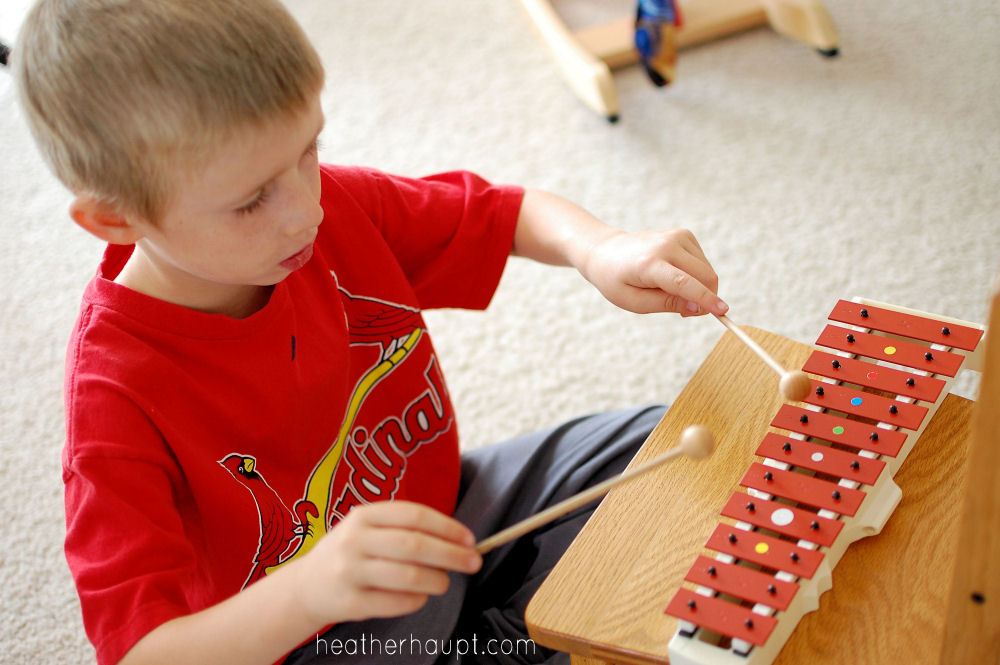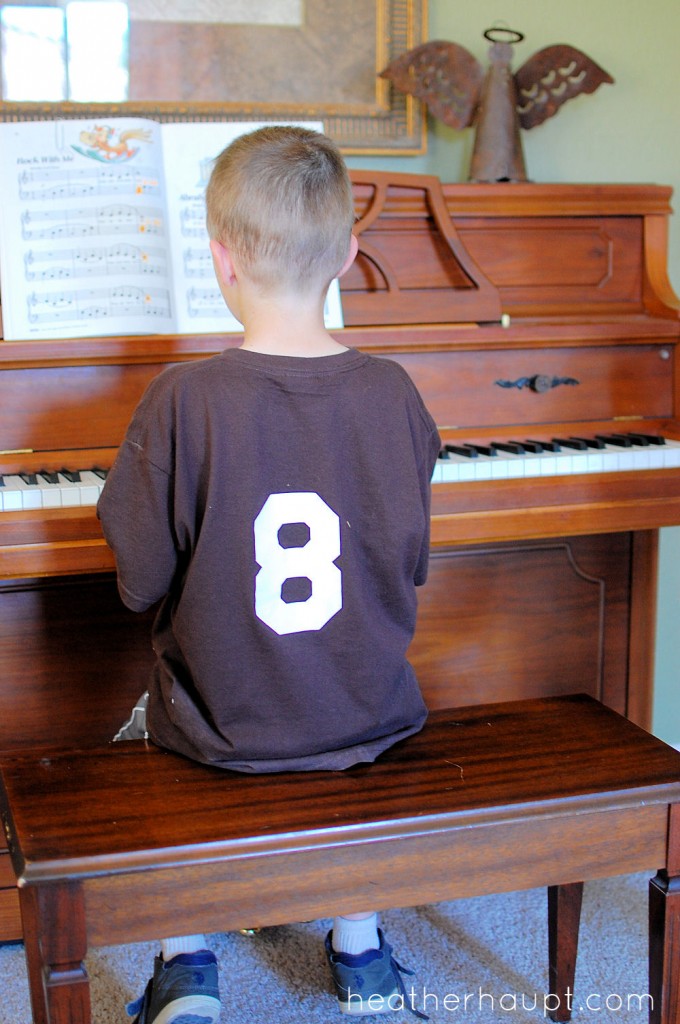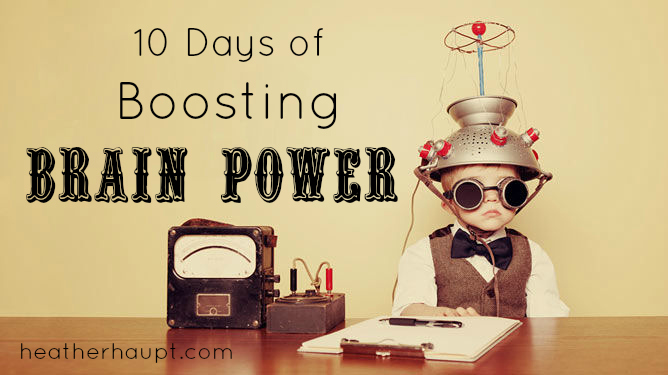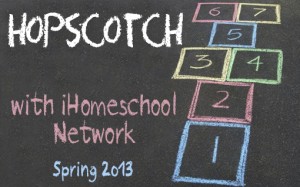
Many of us may have this mental image of the large homeschool family lined up with their violins or the Chinese student that is a musical prodigy… Well, it turns out that there are some powerful ‘brain’ benefits to learning how to play a musical instrument. Music goes a long way in helping to wire the brain to learn and you don’t have to be a Tiger Mom to see your children reap the benefits…
Music stimulates parts of the brain that are related to reading, math and emotional development! Pairing music and movement enhances the vestibular system and activates large areas of the motor cortex, frontal eye field area and produces that magical neurotransmitter – Dopamine. A study of slow readers found that just 5 months of playing an instrument such as the violin, recorder or similar instrument where rhythms were felt against the body and teeth increased their reading scores 4.5 grade levels.
A recent study came out in the Journal of Neuroscience that highlighted the benefits on brain development for children who had started music instruction before age 7. It appears that between the ages of 6-8 there is a ‘sensitive period’ when musical training interacts with normal brain development to produce long-lasting changes in both motor ability and brain structure. It highlighted and confirmed benefits to learning to play a musical instrument.

Benefits of Learning a Musical Instrument:
- Requires and strengthens coordination between the hands and visual or auditory stimuli.
- Boosts the normal maturation of connections between motor and sensory regions of the brain.
- Creates a framework upon which ongoing training can build.
- Learning to play the piano strengthens bilateral integration as the two hands learn to coordinate together.
Why Listening to Music Matters?
CAT scans have shown that different aspects of music activate different parts of the brain. In fact, half of the brain processes the words of the song while the other half processes the music. Listening to music and playing music games, therefore, helps children to use the various parts of their brains simultaneously. Music also stimulates a child’s frontal lobes, which are important to both language and motor development.
Learning Through Music
Learning information through song is helpful because it takes several discrete pieces of information and combines them into one larger piece of information – a song. Processing that one piece of information is much easier than processing a long list of segregated facts. There are so many options out there to learn through song. For the younger ones, we’ve loved the Wee Sing series – especially their Bible Songs, Nursery Rhymes, Finger Play Songs, Wee Sing and Play and the Patriotic song set. For older kids it is fun to sing geography songs, history or even grammar songs (we need to get these pronto!).
Music Therapy
A good friend of mine, who also happens to be our Kindermusik instructor, discovered the profound benefits of music therapy helped her son who had developmental delays due to a serious childhood sickness. You would never guess there were any delays now… He was recently featured on a local news program. Check out his story. It is inspiring to see how active, involved parents and the power of musical instruction can make such an impact.
So How Can You Capitalize on This?
- Learn to play a musical instrument. In our home growing up, we were all required to take 2 years of piano (all of us ended up doing it longer), my sister has started her daughter in Suzuki violin and we do Kindermusik for two years before starting piano lessons. {Currently, piano lessons aren’t in the budget, so yours truly is trying to tackle that on her own. Pray for me…}
- Listen to Music in the Home. We love to play all kinds of music, but especially classical music. It is fun to try and pick out the different instruments played and have fun telling the story we think the music might be trying to portray. In addition to listening to straight classical music, we also adore this Introduction to the Classics series featuring the story and music of famous composers!
- Sing and Dance. Put in your favorite songs to sing to and get moving. There is something profound about learning how to feel the beat and like I mentioned earlier singing the words while listening to the music helps the two hemisphere’s of the brain work together. I love to do this with worship songs for the soul benefit as well! 🙂
- Learn through Song. It is so much more fun to sing your way through reciting the States, your multiplication tables or any other topic. I’m constantly on the lookout at conventions for fun ways to incorporate this. {I’m all ears if you have resources that you love. Please share!}
Want to explore more?
Early Music Lessons Boost Brain Development
Listening to Music Lights Up the Brain
Mary at Home Grown Learners did a 10 day series on teaching music in the home.
Read Raising Musical Kids.
Check out my other posts in this series:
For other 10 day series, check out:
This post contains some affiliate links.




My mom always used to tell me that learning piano would help throughout my life, but I never believed her. Now, after reading what you said about improving motor and sensory regions of the brain, I know that she was right. I definitely want my kids to take an interest in music.
My oldest is in his first year of baritone lessons. I would really like him to stick with it, but we are 6 weeks in and his interest is waning. I am not going to force him to continue if he is truly not interested. I understand the brain benefits, but I think the fighting to get him to continue would probably counteract those benefit.
Ahhh, here is where the fine art of parenting comes in. Learning an instrument takes discipline and it won’t necessarily be something you are jumping up and down excited to do all the time. That’s where as a parent you need to weigh in and figure out whether he is genuinely uninterested in the instrument or if he is uninterested in the effort it takes to learn how to play. For our family, we commit to something for a specific period of time and then take stock and determine whether or not to proceed. I’ve found that we are usually able to push through the discomfort of establishing the discipline it takes to learn something new this way. We are reaching one of those phases in the next two weeks and I’m thinking this one son of mine will probably be taking a break. I wish you the best as you navigate this with your son and determine the best course of action for your family. Thanks for stopping by.
Interesting point about the benefits of learning a music instruments. Kids was surely enjoy this great learning method. I will definitely include this in my lessons. Outstanding ideas!
Fascinating stuff – music also has the effect of causing synchronization in different areas of the brain because it gets lots of your neurons firing at the same time. This can produce more productive brain waves and help you focus.
I use music whenever at work and find it boost my productivity, especially with a combo like Caffeine + Theanine in green team.
I have been browsing online more than 4 hours today, yet I never found any interesting article like yours.
It’s pretty worth enough for me. Personally, if all site owners and bloggers
made good content as you did, the internet will be much more
useful than ever before.
Music is very relaxing, not doubt that could play a good roll in memory improvement. Excellent post, thank you.
Oh, the glories of music! Surely one of God’s very best creations!!!! Enjoy it, listen to it, dance to it, sing to it, memorize scripture to it, do chores with classical music soaring through the house, go to the symphony, learn to play as many instruments as you can, harmonize with others, exercise to fiddle tunes! It all makes your soul wider and your spirit deeper and your brain more fertile.
I am a big supporter of music in early childhood education and love to blog about it as well. Parents need to know the critical years for basic music competence is between birth and age 6. Being exposed to quality music during that time along with engagement in a fun way, really sets up a child’s brain for success. Even if the parent is not musically talented (I’ve had a music teacher in high school tell me I was tone deaf!). My daughter started ‘mommy and me’ music classes at age 1 and started playing the piano with both hands at age 4.
We also have the Wee Worship Bible Song CD. What I like about that CD is the diversity in the music style. You hear old negro spirituals, Caribbean rhythms, and jazz. That can help foster empathy so kids can appreciate other cultures.
Love this! Had no idea music contributed so much to learning! Looking forward to implementing more music and maybe even piano lessons in our home. When I was homeschooled, we learned the countries of the world, oceans, continents, planets, & states and capitals through songs. They still sell the tapes & now MP3 format (found them on Amazon: http://www.amazon.com/Geography-Songs/dp/B002CB3KPM/ref=sr_1_1?ie=UTF8&qid=1366838396&sr=8-1&keywords=geography+songs) We bought them and listen in the car. The kids love it and even my husband knows most of them now!
I love this, and thank you for the mention. You know I agree with each and every point you made!
(I recognize those piano books!)